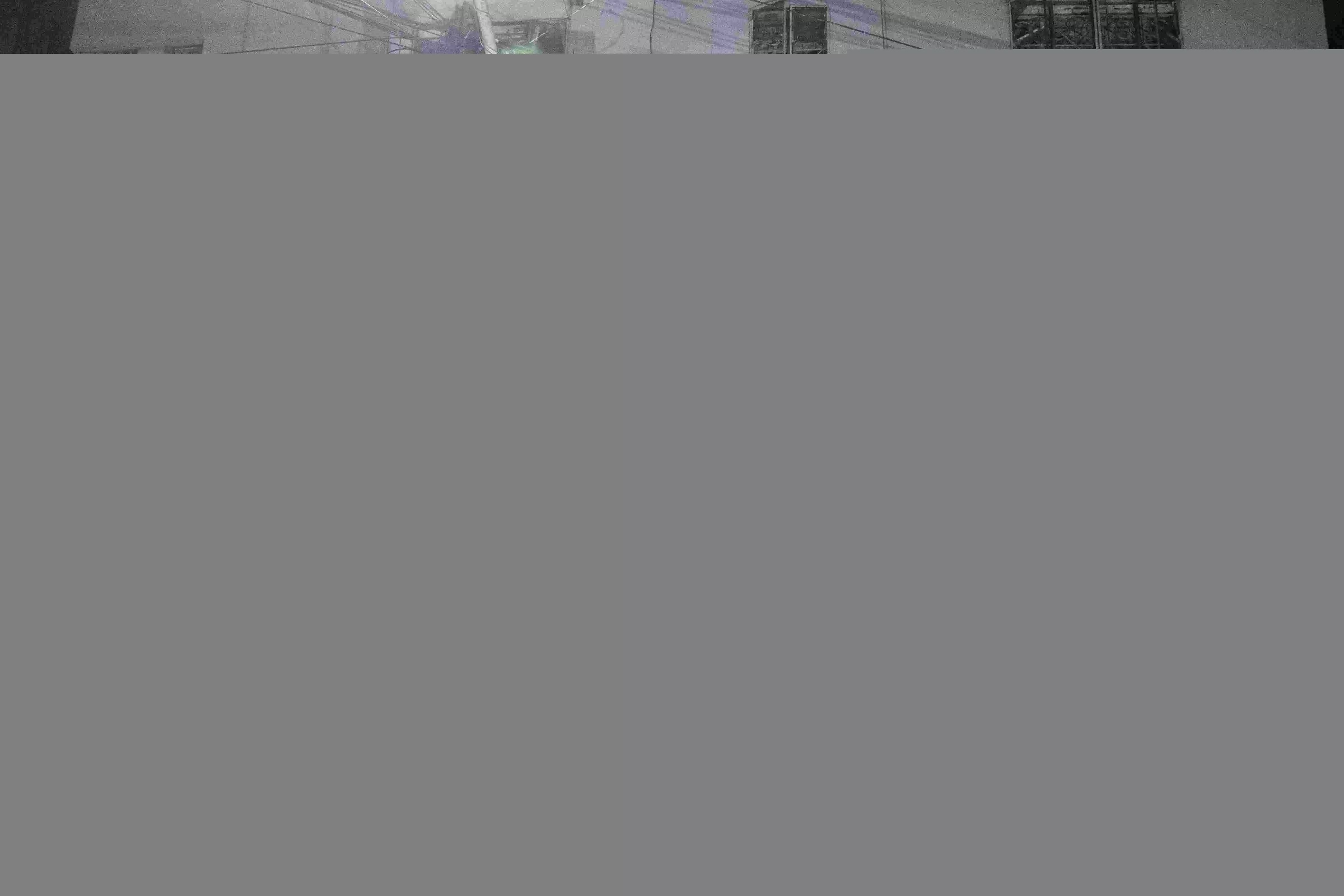Simmering chaos
Following the regime change in Bangladesh and Prime Minister Hasina's ouster, the nation faces chaos, ineffective governance, economic collapse, communal violence, and threats to secularism

It has been nearly three months since the unceremonious and illegal regime change in Bangladesh, which led to the ouster of democratically elected Prime Minister Sheikh Hasina, forcing her to take refuge in India. Vandals and lumpens had a field day, causing mayhem by trespassing into the Prime Minister’s official residence and resorting to brazen looting. The law enforcement agencies and even the army remained mute spectators to these events.
Hasina’s adversaries kept justifying their actions by alleging that she was an autocrat, a stooge of India, and responsible for fostering rampant corruption. Yet, within months of her exit, the nation has been beleaguered by multiple serious problems that the caretaker government has been unable to rein in. Nor have the amateur advisors, with no governance experience, made any visible effort to control the chaos.
The country’s economy is on a ventilator, the law and order situation is worse to say the least, and communal and religious extremist forces are acting without restraint or accountability. Recently, protesters attempted to storm the President’s house to force his resignation over trivial issues. The police were severely beaten by the agitators, and the army stepped in halfheartedly to contain the situation. What does this imply? It demonstrates that the police have become completely ineffective, indecisive, and paralysed by inertia.
The police force is sadly in a state of semi-paralysis, and this situation has persisted since many officers were butchered by anti-social elements—a trend that continues intermittently. Consequently, a country with nearly 18 crores of population is left with a politicised, biased, and inactive police force that will likely remain a bystander should any serious law and order situation arise. This is precisely why crime in the country has risen alarmingly since the regime change, and the safety and security of the general populace has become a major challenge.
Regarding the advisory dispensation in Dhaka, Chief Advisor Muhammad Yunus, a Nobel laureate and banker, is failing to restore order and control his advisors. There seems to be no coherence or coordination within the advisory group. Anyone can issue a statement at any time, leading to administrative fallout, which clearly shows a complete lack of application or vision.
This has increasingly contributed to immense confusion and irretrievable situations. The state of affairs has deteriorated to the point where a majority of people, both privately and publicly, now say that despite Hasina’s autocratic tendencies and corruption, her regime was better. Essential commodities were available, and prices were kept in check. Today, rice and fish are among the worst affected in terms of spiralling prices, with no visible signs of control. Hundreds of journalists and political adversaries remain incarcerated without transparency.
Regarding the state of minorities in Bangladesh, Hindus continue to be under severe strain, targeted by communal forces. This was evident during the recent Durga Puja celebrations, where numerous idols were desecrated. At some puja pandals, religious radicals occupied the Durga Puja stage and recited their verses, amounting to sacrilege. Recently, Hindus in Chittagong expressed their bottled-up ire and frustration through a brave demonstration, organising a long march to demand their safety, security, and preservation of faith.
It seems that Chief Advisor Muhammad Yunus is a silent witness to these unpleasant events, playing into the hands of fanatics who are calling the shots. This is most unfortunate. The US, which openly backs Yunus, must urge him to take action. It is highly unbecoming of the US, which often intervenes in the internal affairs of other countries, to remain oblivious to the excesses committed against the Hindu minorities in Bangladesh.
Another disturbing trend has surfaced in Bangladesh: a stark attempt to sideline the facts of the freedom struggle by erasing the names and contributions of Sheikh Mujibur Rahman, the pioneer of the freedom movement and former Father of the Nation. We see history being tampered with, and several holidays being redefined. This suggests that the present government will interfere with the educational curriculum, potentially erasing the contribution of Indian forces during the Bangladesh liberation struggle.
The present generation will be forced to learn regressive and distorted history, which is tantamount to a criminal act. All of this is being done arbitrarily, with Yunus at the helm and his voice muffled. The secular credentials of this country are at grave risk. Some insiders believe it would not be surprising if the country were declared an Islamic republic. Things are so adrift. As a Nobel Peace Prize winner, expectations from Muhammad Yunus are much higher among the common people. As a banker, he lent money for the benefit of the common man. So, why is he now caving in so easily to religious and communal forces, destroying the fabric of Bangladesh's well-established institutions? It is time for Muhammad Yunus and his team to introspect and rise above the influence of parochial forces; otherwise, the country’s future will be bleak.
The writer is a retired IPS officer, Adviser NatStrat, and a former National Security Advisor in Mauritius. Views expressed are personal



